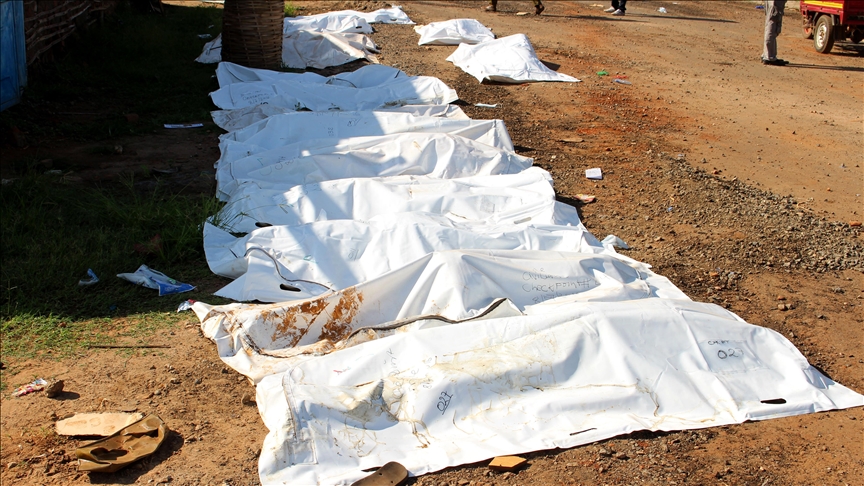
South Sudan has closed all schools for two weeks due to a severe heatwave that has caused students to collapse.
This is the second time in recent years that the country has taken this drastic measure, highlighting the increasing challenges posed by extreme heat.
South Sudan is particularly vulnerable to the effects of climate change, experiencing more frequent and intense heatwaves.
These extreme temperatures are exacerbated by the lack of proper school infrastructure.
Many schools are makeshift structures made of iron sheets, lacking electricity and cooling systems, making them unbearably hot during the day.
The school closures disrupt the education of South Sudanese children, who already face numerous challenges.
The lack of consistent access to education can have long-term consequences for their future.
Moreover, prolonged exposure to extreme heat can have negative impacts on children’s health and learning.
The situation has prompted calls for the government to take action.
Education workers have urged for a review of the school calendar to align with the changing climate.
Others suggest investing in more robust school buildings, exploring alternative cooling solutions, and developing heat-related safety protocols.
The school closures underscore the urgent need for South Sudan to invest in climate adaptation measures to protect its citizens, especially children, from the increasing impacts of climate change.




